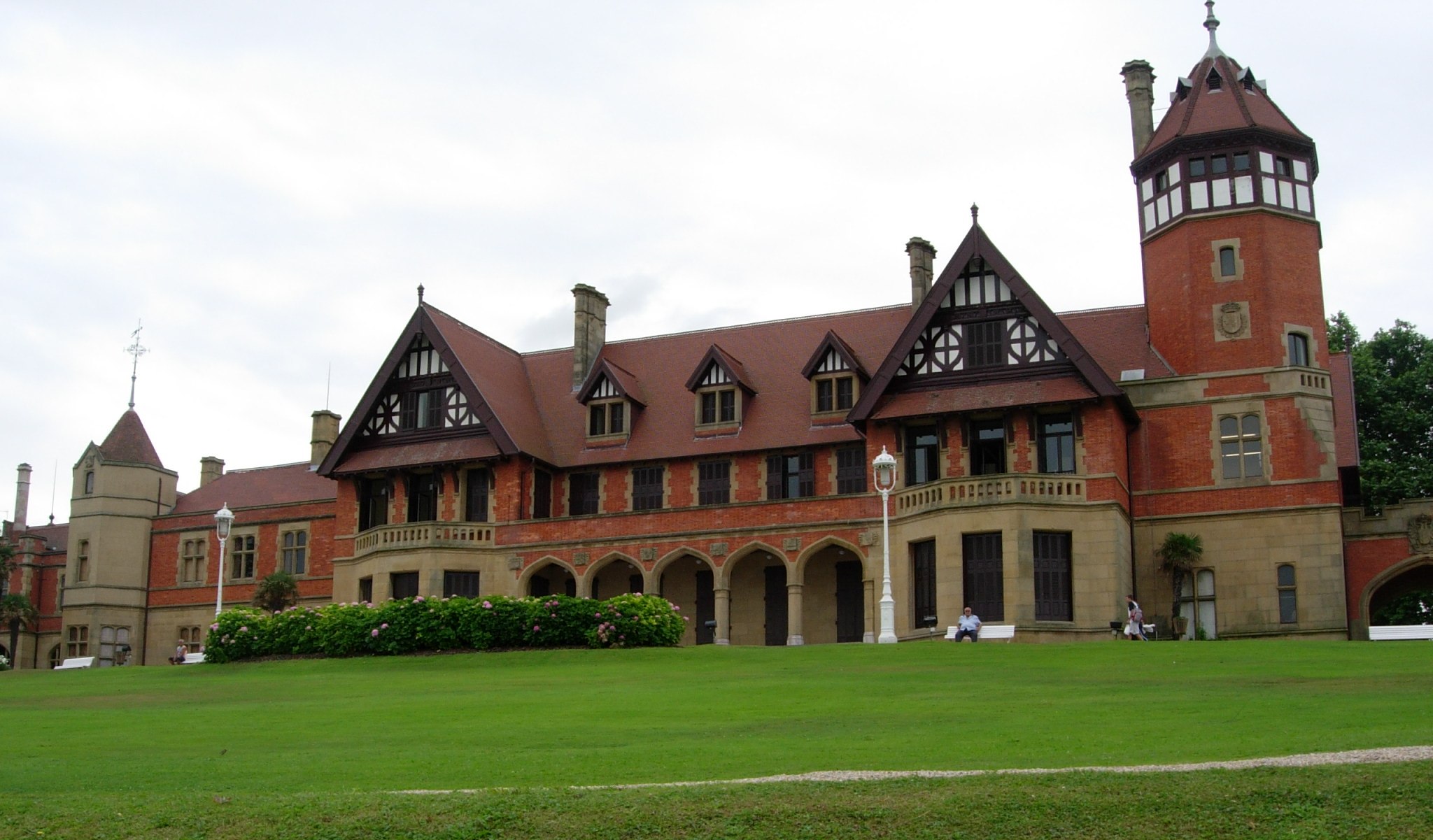|
Leandro Almeida is
Professor of Educational Psychology at
the University of Miño
(Portugal). As part of his doctoral
education, he was visiting scholar in
the University of Yale (USA) and the
Catholic University of Leuven
(Belgium). He has published more than
200 national and international works,
including books, book chapters and
scientific papers. He is author and
co-author of several tools for the
psychological assessment of
intelligence, edited in Portugal and
Brazil. He is member of the Editorial
Board in several journals in the field
of Educational Psychology, and member
of several national and international
scientific associations. He was
president of the Portuguese
Association of Psychology (APPORT). He
is member of the Scientific Council of
the Institute for the Innovation in
Education of the Portuguese Ministry
of Education. He was Vice-rector of
the University of Miño between
2006 and 2009. He currently holds the
position of President of the Institute
of Education.
CONFERENCE
ABSTRACT
Gifted
students: Educational responses
A greater social
sensitivity challenges school for
practices that ensure the equality
of opportunities for all students
for a quality education. This school
equity includes the recognition of
the personal and socio-cultural
differences of students and the
demand for school measures best
adapted to these differences, in the
sense that there is no sense of
justice to want to treat equally to
the different students. In this
order of ideas, the present paper
analyses the situation of the
students with high abilities, also
called gifted students, and the
educational responses that are being
consolidating internationally for
their care in schools, knowing for
certain that the correct development
of their high potential can be
useful for society. Among the
responses, we can mention the
aceleration of school, the
condensation of the curriculum, the
ensemble of pupils and the
enrichment programs. Along with the
presentation of these responses and
discussion about the results in
learning and development of
students, analyse their
complementarity, highlighting the
principle that there are not
educational measures generalised to
any student with talent because all
students have different
characteristics, needs and projects.
Finally, the importance of family
and classmates in the impact of
educational measures is introduced.
In particular, family is considered
in the execution of those programs,
to be the complementarity of the
intervention through the joint
efforts in orientation and support.
|
